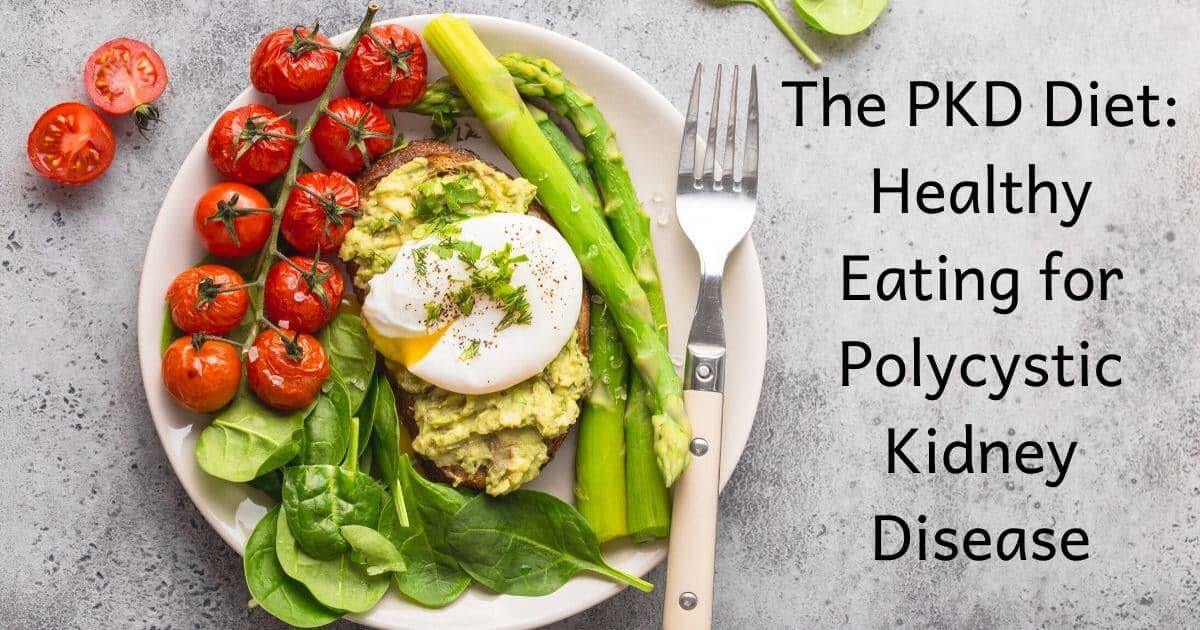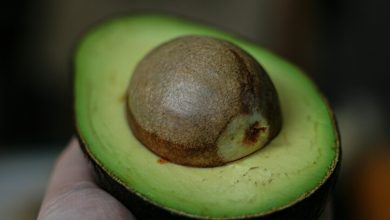Top 7 Diet Tips for Polycystic Kidney Disease

Diet for Polycystic Kidney Disease
There is no one-size-fits-all Diet Tips for those with polycystic kidney disease (PKD), a condition that causes cysts to form in the kidneys and causes renal failure in 50 to 60% of those who have it. A registered dietitian with expertise in kidney disease is an important member of the healthcare team, providing individualised nutritional advice and meal planning to help keep kidneys healthy. There are recurring themes throughout these plans. Learn what they are and what to expect from them.
Cut back on salt
Excess salt in the diet can elevate blood pressure in everyone, increasing the risk of heart attack and stroke. High blood pressure (hypertension) might hasten the progression of PKD, causing more damage to the kidneys earlier. The National Institute of Diabetes and Digestive and Renal Diseases recommends that people with chronic kidney disease limit their sodium consumption to less than 2,300 mg per day and avoid packaged meals that contain more than 20% sodium.
Control protein
Your body requires enough protein to function, but not so much that it strains your kidneys. As the body consumes protein, waste is produced, which the kidneys must remove. It’s not good for your PKD to give them more job. Ask your doctor to add a certified dietician to your healthcare team if you don’t already have one. Protein-rich fish, beans, and nuts are frequently recommended in small portions. A nutritionist can assist you in determining the best combination for you.
Choose heart-healthy foods
Many nutrients that are beneficial to your kidneys are also beneficial to your heart. Fish and beans, as well as lean meats, leafy green vegetables, and low-fat dairy, are common components of a heart-healthy diet. Saturated and trans fats are restricted since they can cause heart disease if consumed in excess. When you have Polycystic Kidney Disease, heart health is crucial because your heart already needs to work harder to send blood to your kidneys. The heart and kidneys are inextricably linked, and damage to one can lead to damage to the other.
Reduce foods high in phosphorus
In those with Polycystic Kidney Disease, phosphorus can build up in their blood. Phosphorus protects the bones at a regular level. On a high level, it accomplishes the exact opposite. It damages bones by removing calcium from them, weakening them. Your doctor can use a blood test to assess your phosphorus level and work with you and a nutritionist to lower it by choosing low-phosphorus foods (corn and rice cereals, light-colored soft drinks) over high-phosphorus foods (bran cereals, dark-colored soft drinks).
Lower potassium
Potassium, like phosphorus, can build up in the blood of those who have Polycystic Kidney Disease. Potassium in the optimum amount aids the proper functioning of your neurons and muscles, including your heart muscle. Excessive consumption can result in arrhythmia (irregular heartbeat) or a heart attack. A potassium-restricted diet is one that contains less than 2,000 milligram mes of potassium per day, according to the National Kidney Foundation. A blood test can be used to assess your potassium levels, and a dietician can recommend low-potassium foods such apples, carrots, and white rice.
Drink lots of water
According to several studies, staying hydrated throughout the day helps to minimise the build-up of a hormone called vasopressin in the body, which promotes the growth of polycystic kidney disease cysts. Getting into the habit can also help you cut down on the number of sugary or caffeine-containing drinks you consume. Caffeine, in particular, is a diuretic and can cause issues for people with PKD. That means it causes your body to lose more water through urine than usual, so it’s not as hydrating as water alone.
Limit alcohol
It’s unlikely that a few drinks can harm your kidneys. However, drinking three or more ounces of alcohol each day for numerous years has been proven to raise blood pressure, which has been linked to the advancement of PKD. The Polycystic Kidney Disease Foundation suggests that women with PKD drink no more than one alcoholic drink per day, and males with PKD drink no more than two. If you believe it will be difficult for you to modify your drinking habits, talk to your doctor about how you might get help.




